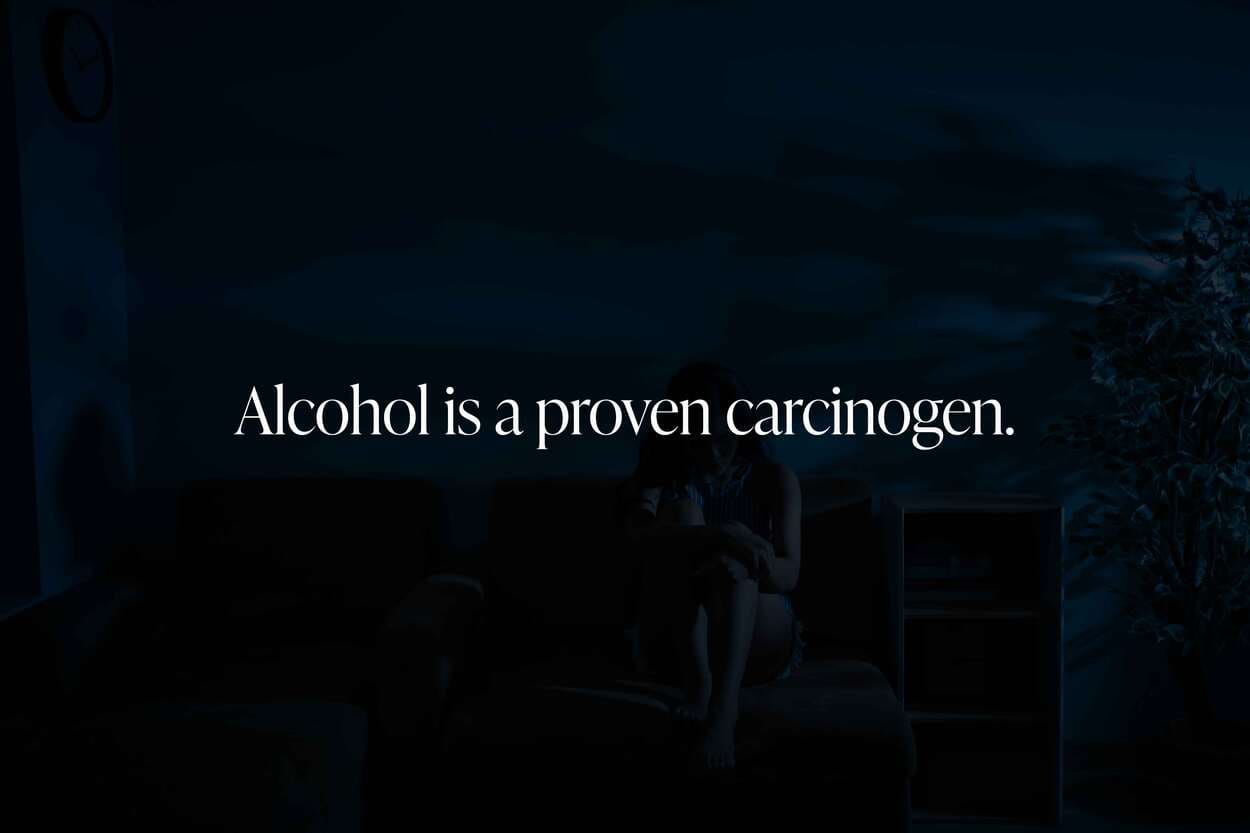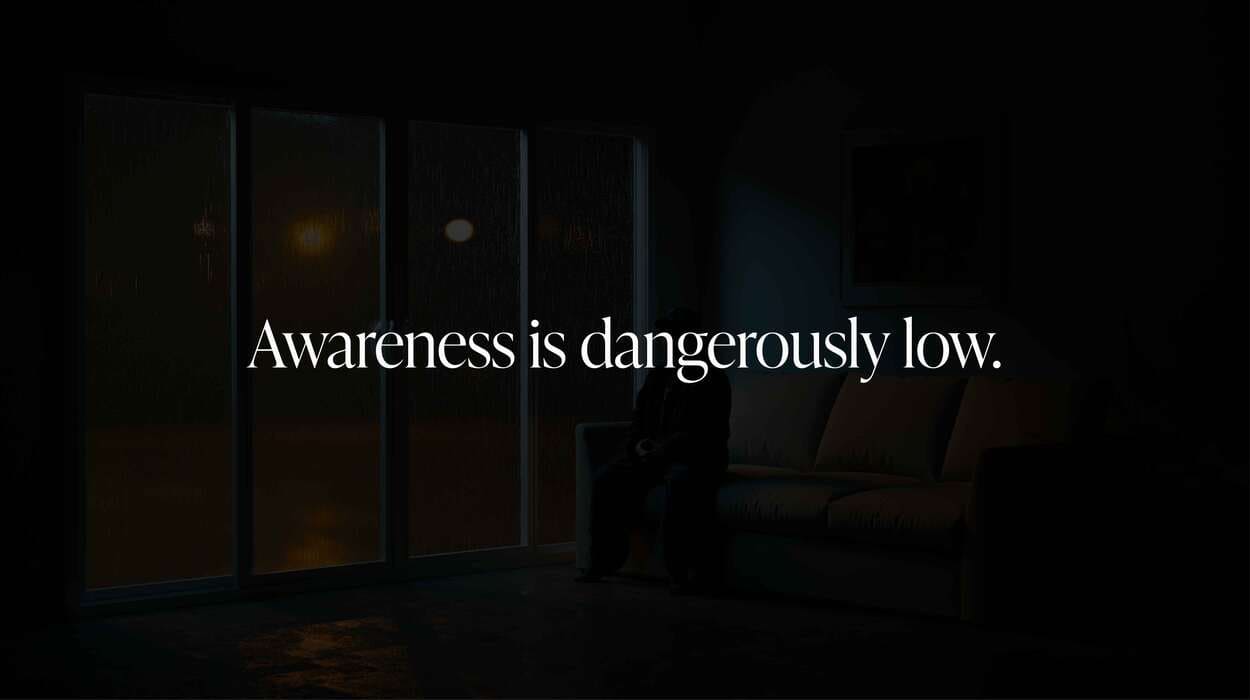Table of Contents
Alcohol and Cancer: A Proven Link
Alcohol consumption is a confirmed cause of cancer. The U.S. Surgeon General, along with the World Health Organization and the American Cancer Society, recognizes alcohol as a carcinogen. Even light or moderate drinking increases the risk for several cancers, including breast, colorectal, liver, and mouth cancers. The 2016 Surgeon General’s Report on Alcohol, Drugs, and Health emphasized this connection, noting that public awareness remains dangerously low.

Which Cancers Are Caused by Alcohol?
Alcohol is linked to at least seven types of cancer:
- Breast
- Colon and rectum
- Esophagus
- Liver
- Mouth
- Larynx (voice box)
- Pharynx (throat)
The risk rises with the amount of alcohol consumed, but there is no known safe level. For instance, a woman who consumes just one alcoholic drink per day has an estimated 7% higher risk of developing breast cancer compared to non-drinkers.
How Alcohol Promotes Cancer
Alcohol causes cancer through several biological mechanisms. First, the body metabolizes ethanol into acetaldehyde, a toxic substance that damages DNA and interferes with repair processes. Second, alcohol generates reactive oxygen species that cause oxidative stress, damaging cells. Third, alcohol impairs nutrient absorption, including folate, which is vital for DNA health. Lastly, alcohol increases estrogen levels, which can promote hormone-sensitive cancers such as breast cancer.
Surgeon General’s Public Health Position
The Surgeon General’s office has urged the public to reduce alcohol consumption, citing cancer prevention as a key reason. The report recommends more aggressive warning labels, public health campaigns, and changes in marketing practices. Like tobacco, alcohol’s risks are often underplayed or misunderstood, despite its substantial impact on cancer incidence.

The Public Awareness Gap
Studies show that fewer than 30% of Americans are aware that alcohol is a cancer-causing substance. This contrasts with over 80% who understand the link between smoking and cancer. The lack of awareness can be traced to limited education, vague warning labels, and cultural normalization of drinking. Improving awareness is a crucial public health goal.

Cancer Risk by Drinking Level
Alcohol-related cancer risk increases with both volume and frequency. Here’s how the risk breaks down:
- Light drinking (up to 1 drink per day): Increased breast and colorectal cancer risk
- Moderate drinking (1–2 drinks per day): Higher risk for esophageal and liver cancers
- Heavy drinking (more than 2 drinks per day): High risk for head, neck, and digestive system cancers
Even occasional binge drinking contributes to cumulative damage, especially in individuals with other risk factors like tobacco use or genetic predisposition.
Policy Solutions Backed by the Surgeon General
To address rising alcohol-related cancer cases, the Surgeon General recommends several policy-level changes:
- Enhanced warning labels on alcohol containers
- Restricted advertising, especially to youth
- Increased public service announcements and health campaigns
- Higher excise taxes on alcoholic beverages
These approaches mirror successful tobacco control strategies and aim to reduce national cancer rates through population-level behavior change.
What Can Individuals Do to Reduce Risk?
Reducing or eliminating alcohol intake is the most effective way to lower alcohol-related cancer risk. Individuals can:
- Set weekly drink limits
- Replace alcoholic drinks with non-alcoholic alternatives
- Choose social environments that don’t center on alcohol
- Monitor drinking patterns using health apps or journals
Those who want to quit or cut back may benefit from professional support. For guidance on treatment options, detox support, and recovery planning, visit the Addiction Guidance page from Hollywood Hills Recovery.
Final Thoughts
The Surgeon General’s warning is clear: alcohol contributes to cancer, even in small amounts. Increasing awareness, changing behavior, and enacting policy-level reforms are critical to protecting public health. By understanding the risks and making informed choices, individuals can take control of their health and significantly reduce their cancer risk.











